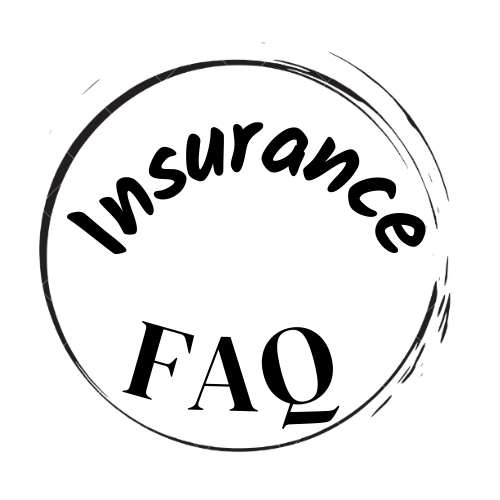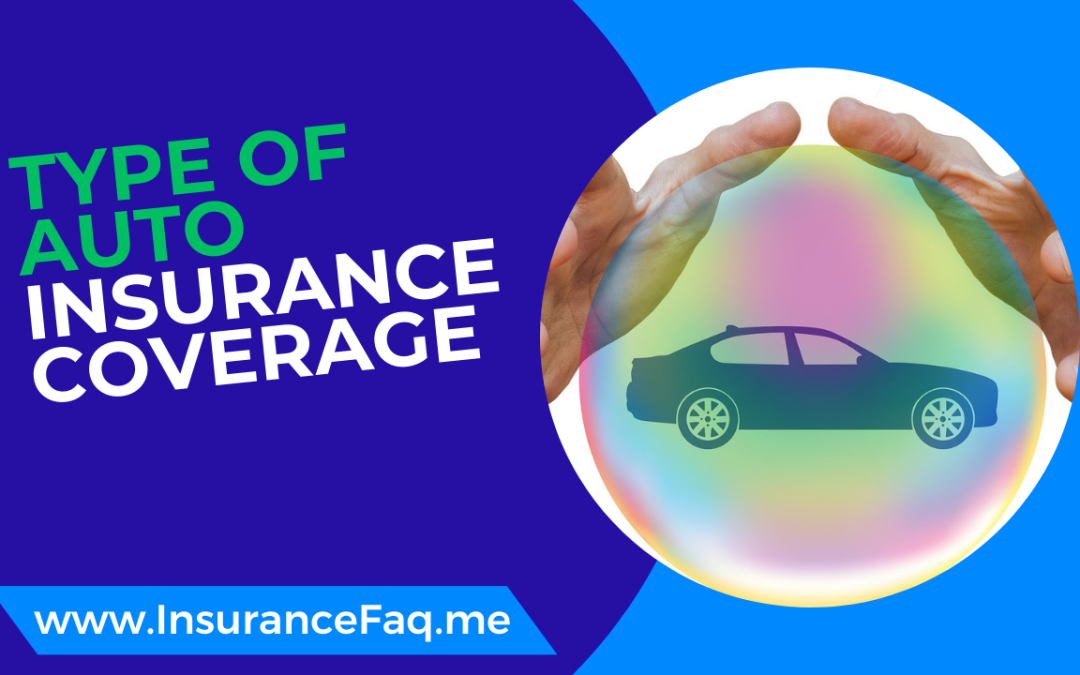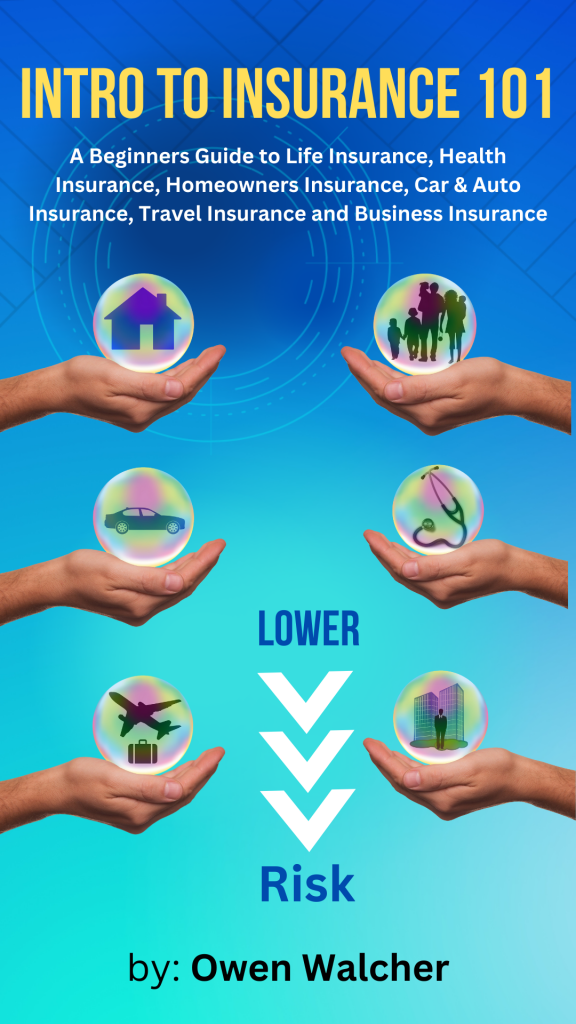Purchasing car insurance can be complicated. Agents will try and sell you everything in their portfolio, so it is paramount that you understand what each type of car insurance coverage there is so that you can make sure you are fully covered, but not paying for things you do not need. The source for this list is US News: https://www.usnews.com/insurance/auto/full-coverage-car-insurance
Liability Car Insurance Coverage
If you cause a car accident, liability insurance compensates the other parties involved for bodily injury and property damage, which is why it is required in almost every state. This can include the other driver, their passengers, and their vehicle, as well as pedestrians who are injured and property owners who sustain damage to their building, mailbox, fence, etc. However, your liability coverage does not compensate you or your passengers.
Collision auto insurance coverage
This coverage is not required by law, but it’s usually required by a lienholder or bank on a financed or leased vehicle. This kind of insurance covers the repairs or replacement of your own car if it’s damaged in an accident. Even if you pay for your car outright, you should consider Collision Coverage on newer vehicles that would be expensive to replace out of pocket.
Comprehensive car insurance coverage
This coverage is not required by law but is usually required by a lienholder or bank on a financed or leased vehicle. This insurance covers damage to your vehicle caused by events other than a collision, such as vandalism, theft, flood, hail, fire, and animal damage.
Uninsured and underinsured motorist coverage
Required in many states, this coverage pays for you and your passengers’ medical bills and property damage if the at-fault driver doesn’t have insurance or doesn’t have enough coverage. It can also cover hit-and-run accidents.
Personal injury protection (PIP)
This coverage is required in states with a no-fault insurance system and covers medical bills and lost wages if you or your passengers are injured in a crash, regardless of who is at fault. It can also pay for replacement services for daily tasks that you are unable to perform due to a covered injury, such as cleaning your house, going grocery shopping, or providing care for your children.
Medical payments coverage
Optional in most states, this covers your medical bills, no matter who is at fault in a crash. However, it does not cover lost wages, child care, or other related expenses the way PIP coverage can.
Gap car insurance coverage
Typically required for a car that is leased or financed, “gap” stands for “guaranteed asset protection.” If your financed car is totaled in a crash, this covers the difference between the car’s actual cash value and the balance on your loan. This coverage is especially valuable when the car is new since it will typically depreciate much faster than you’ll pay down the loan balance.
Rideshare insurance
This is supplemental coverage for drivers of ride-hailing services like Uber and Lyft. A rideshare policy is typically inexpensive, though it provides valuable coverage for situations that are not covered by a driver’s personal car insurance policy or the rideshare company’s insurance policy. If you are a rideshare driver, discuss your options with your insurer.
Accident forgiveness coverage
This protects you from rising car insurance rates if you’re at fault in an accident, basically “forgiving” the incident and wiping your record clean (in the eyes of the insurance company). Generally, you’re only able to use this coverage once.
Windshield Glass coverage
This applies a smaller or zero-dollar deductible if your windshield needs to be repaired or replaced. Availability depends on the state.
Custom equipment coverage
This reimburses you for the expense of custom or aftermarket parts that are damaged in a collision, which are typically excluded from coverage. Examples include an upgraded stereo, custom paint job, or off-road equipment.
Pay-per-mile insurance
A policy that calculates insurance costs based on miles driven. It generally includes collision and comprehensive coverage and can include additional coverage as well. Mileage is reported to the insurance company via a device that plugs into your car and tracks your driving.
Usage-based insurance (UBI)
A type of insurance that calculates insurance costs based on your driving habits. It may consider factors like how often you drive and what time of day you drive, as well as behaviors like speeding, hard braking, and using your phone. This is reported to your insurer via a device that plugs into your car or via a mobile app. UBI is also called telematics insurance or black box car insurance.
Roadside assistance
This provides towing coverage, regardless of the breakdown’s cause. It may also cover services like flat tire changes, jump starts, fuel delivery, and lock-out assistance.
Umbrella insurance
This supplemental policy provides additional liability coverage after you’ve exhausted other liability coverage limits, particularly if you’re involved in a lawsuit as a result of a collision.
Rental reimbursement coverage
This pays for a rental car or other form of transportation when your car is inoperable because of an accident or other covered claim.
Original equipment manufacturer (OEM) coverage
If your car needs repairs as the result of a collision, OEM coverage guarantees that it will be repaired with parts from the vehicle’s manufacturer, instead of cheaper aftermarket parts. There may be restrictions on this type of coverage based on your vehicle’s age.


